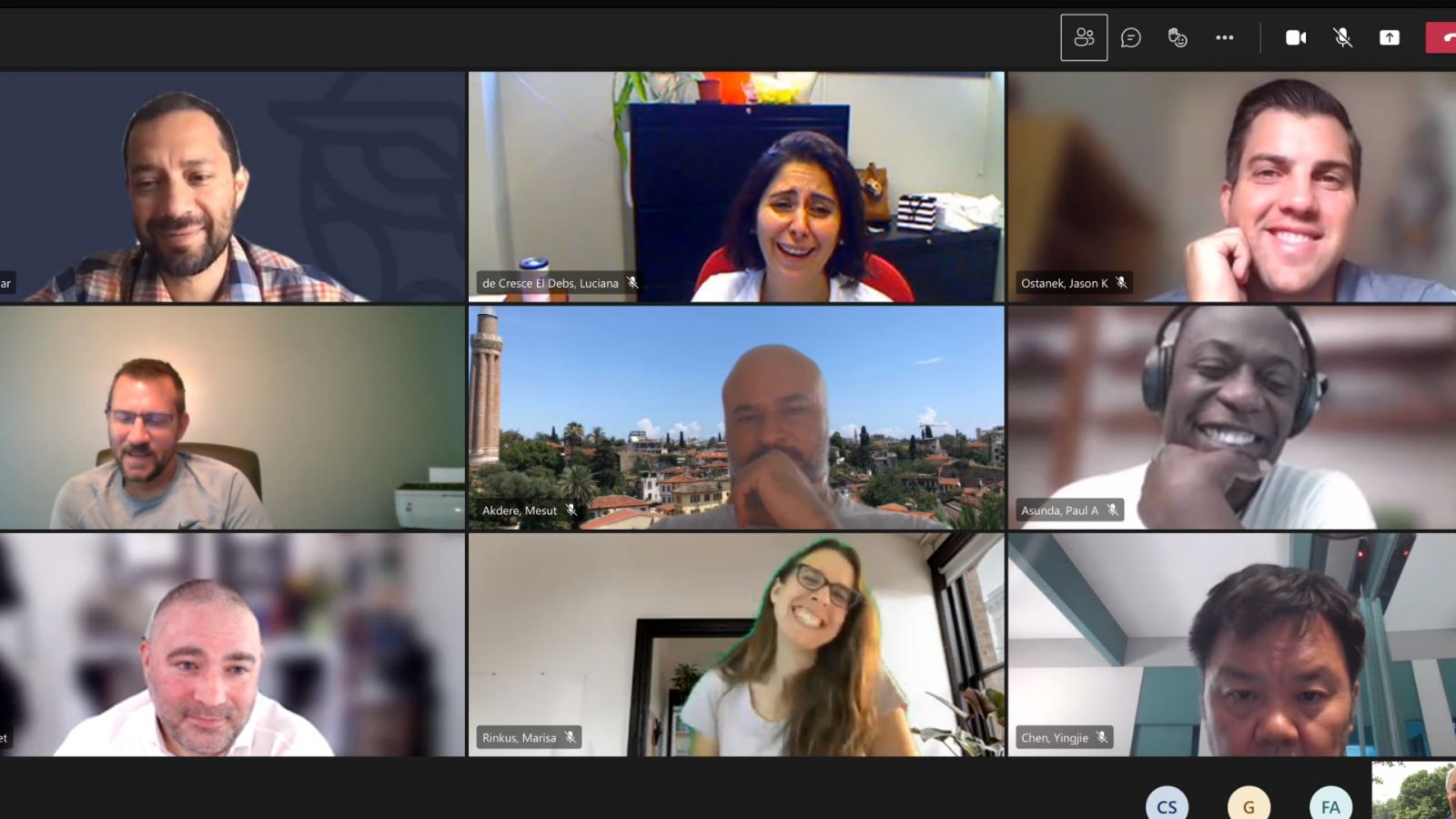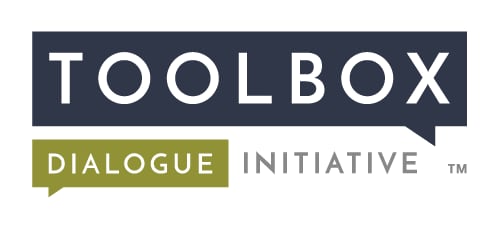
Faculty in Purdue’s Polytechnic Institute are learning new ways to increase the effectiveness of their cross-disciplinary research through workshops from a Michigan State University consulting and research group.
The group, Toolbox Dialogue Initiative (TDI), is based at Michigan State’s Center for Interdisciplinarity and includes members from ten universities. TDI facilitates collaborative capacity building with partners around the world and investigates the practice of collaborative research, including team science, with an emphasis on understanding cross-disciplinarity and knowledge production.
TDI’s dialogue-based workshops help groups identify beliefs and values that influence team interaction. Through structured dialogue and associated co-creation activities, their workshops are designed to enhance the capacity of groups to coordinate their activities and achieve their project objectives.
Workshops also help organizations think about their values and priorities and identify similarities and differences that inform strategic planning. With these workshops, TDI assists partner organizations in developing their mission and vision statements. TDI team members Edgar Cardenas, Marisa Rinkus and Chet McLeskey recently presented workshops for Purdue Polytechnic researchers.
When faculty members from multiple disciplines, institutions and/or cultures collaborate on research, they sometimes struggle to communicate effectively when they understand problems differently.
“That’s the root of the challenge,” said Cardenas, an associate director of the TDI service center. “We assume we are more alike than we are, but we are different in ways we don’t necessarily understand. Finding out those differences is crucial. It’s good to be different, but we want to identify and connect through those differences.”
Diversity of expertise is key in interdisciplinary research. Cardenas said that integrating diverse expertise without “washing out differences” is a challenge. Dialog encourages integrative practices such as perspective-taking and reflexivity.
 Faculty in the Purdue Polytechnic’s strategic Research Impact Areas (RIAs) participated last month in virtual and in-person workshops facilitated by the TDI team. TDI provided a survey, or “instrument,” through which participants learned about their attitudes, beliefs and values and how their research practices are influenced.
Faculty in the Purdue Polytechnic’s strategic Research Impact Areas (RIAs) participated last month in virtual and in-person workshops facilitated by the TDI team. TDI provided a survey, or “instrument,” through which participants learned about their attitudes, beliefs and values and how their research practices are influenced.
“It’s purposely the world’s worst survey,” Cardenas said. “The dialog prompts are written to be ambiguous, vague and extreme. We wrote them not to be correct but to promote and provoke discussion. We want to help researchers learn about differences in perspective. The Toolbox instrument helps reveal underlying assumptions about one’s research and discover how others operate in this space.”
TDI’s workshops were “lightly facilitated” to focus on the issues raised by the survey instrument. Participants were asked to respond to prompts from the perspective of their unique roles in research projects.
“There are no right answers. By focusing dialog on issues that really matter to a team, these workshops support the articulation, sharing and coordination of research perspectives,” said Cardenas. “This enables collaborators to understand common problems from one another’s perspectives.”
Learning to appreciate both the similarities and differences among collaborators helps them during the process of integrating research inputs into unified outputs. Better awareness will help Polytechnic researchers toward a variety of goals, Cardenas said:
- Pursuing larger grants
- Supporting others’ collaborations and connecting different streams of research
- Clarifying the trajectory of each strategic research impact area
Beginning a new research project should involve discussing how often to meet, how to communicate, and deciding who will make decisions.
“These are things we often gloss over at the beginning of a collaboration,” said Rinkus, an associate director of Michigan State’s TDI service center. “We want to get people to talk about the things we don’t often make the time or space to do. Researchers should create an open culture of communication, even if you don’t make all of those decisions at once. The more you can do up front, the better.”
“Helping our faculty develop competency in conducting cutting-edge human-centered research is a strategic priority for our college,” said Mesut Akdere, professor of human resource development and Purdue Polytechnic’s interim associate dean for research. “The Toolbox Dialogue Initiative provided a venue to initiate and facilitate important discussions around the vision, mission and strategic priorities for our college’s research enterprise.”
Additional information
- Toolbox Dialog Initiative (Michigan State University)
- Purdue Polytechnic’s strategic research impact areas
